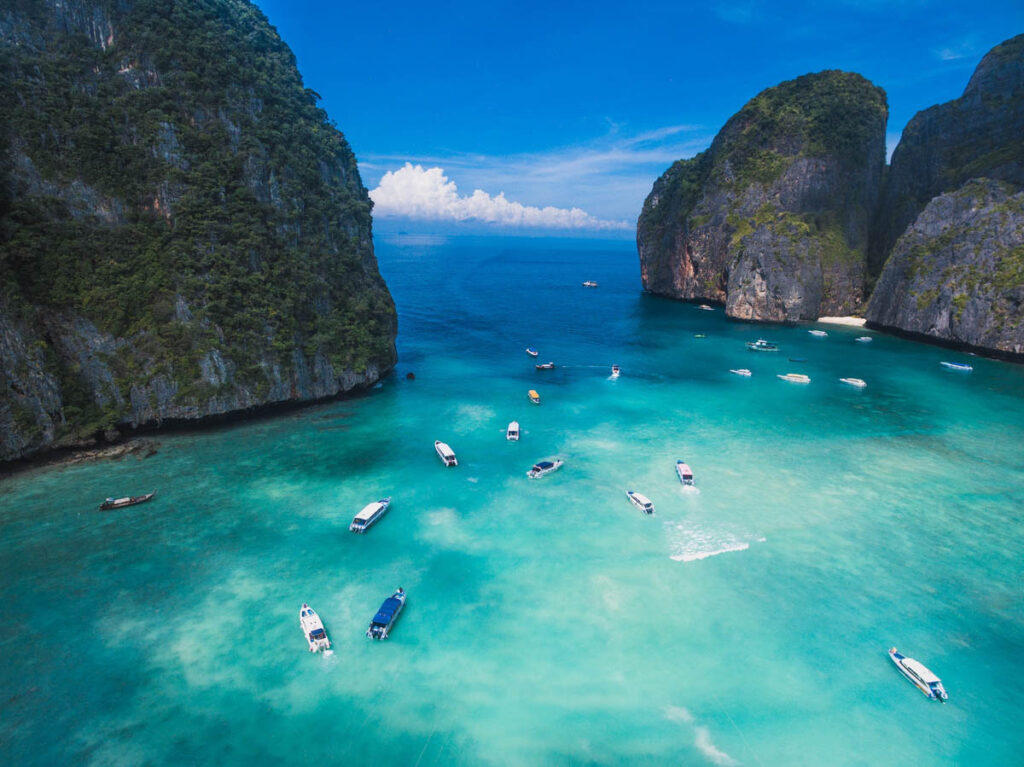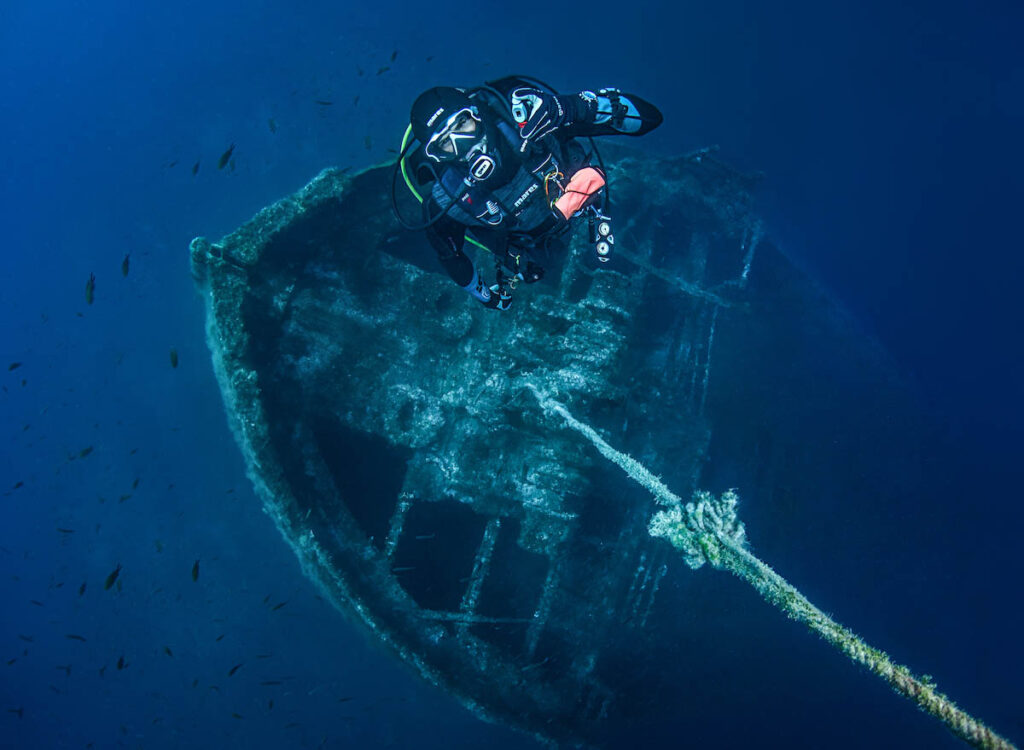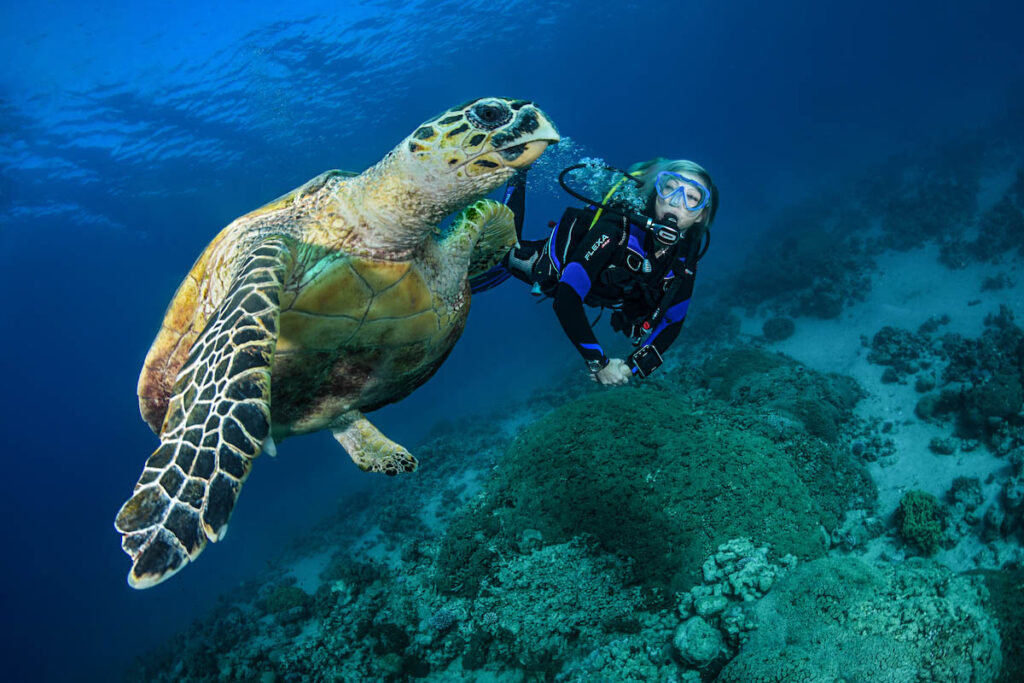So, you’ve taken the plunge into the mesmerizing world of scuba diving, and now you’re itching to explore new and exciting underwater realms. But with a multitude of dive destinations beckoning, how do you choose the right one as a new diver? The choices can be overwhelming, but fear not, for this guide will help you navigate your options and inspire you to embark on your first scuba diving adventure.
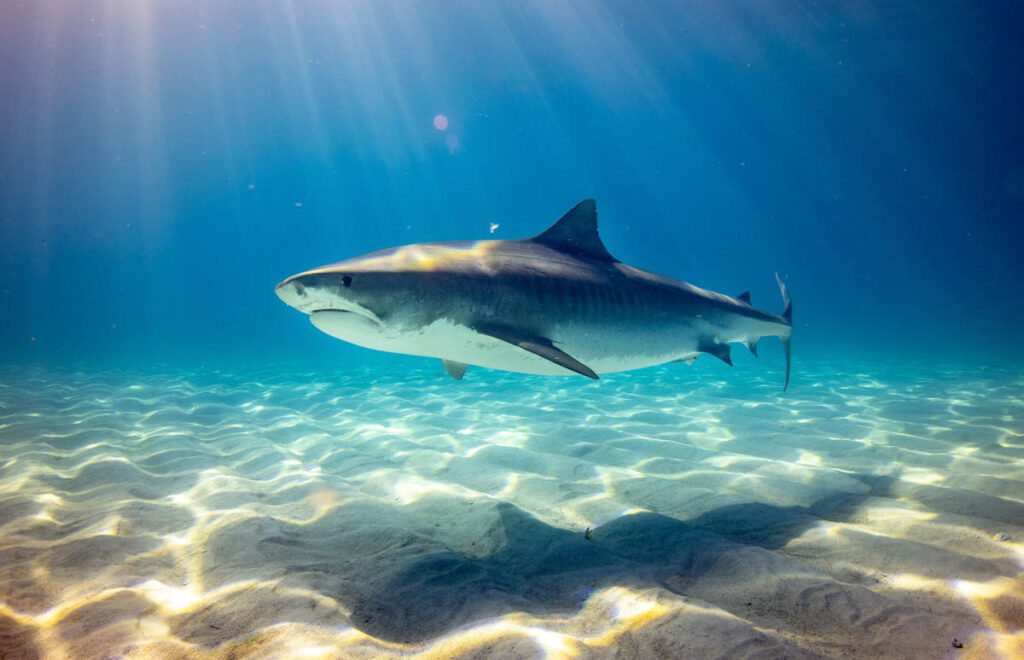
Photo by Gerald Schömbs on Unsplash
1. Assess your skill level.
As a new diver, it’s vital to assess your current scuba diving experience and certifications honestly. Consider your comfort level underwater and your ability to handle various diving conditions. Be aware of your depth limits and any specific skills you’ve acquired or need help with. This self-awareness will guide you in selecting a destination tailored to you.
2. Dive conditions and difficulty.
Diving conditions can vary greatly from one destination to another. Factors like water temperature, visibility, currents, and dive site depth can significantly impact your experience. Choose destinations with conditions that match your comfort level to ensure a safe and enjoyable dive.
Don’t scare yourself with a destination that offers diving beyond your current capabilities. Instead, build you dive confidence and skills at a destination that offers easy diving conditions with the option to upskill with an advanced diving course.
3. Choose a beginner-friendly location.
For new divers, the key is to find destinations renowned for their beginner-friendly sites. Seek out places with calm bays, shallow reefs, and well-protected marine reserves. These environments provide the ideal backdrop for you to gain confidence and hone your skills.
Top experiences for new divers:
- Thailand boasts shallow coral reefs, jaw-dropping islands, and numerous sea turtles.
- Egypt is famous for its rainbow-hued reefs and easy year-round diving for novices.
- With 1500 fish species, 400 types of coral, and the world’s largest reef system, Australia’s Great Barrier Reef is a must.
- Visit Bonaire for over 60 easy shore dives and numerous macro critters.
4. Marine life and underwater diversity.
One of the joys of scuba diving is encountering vibrant marine life and stunning underwater landscapes. Look for destinations with diverse marine ecosystems, colorful coral reefs, and the chance to come face-to-face with gentle sea creatures like sea turtles, reef sharks, and playful dolphins.
If you want to go diving with sharks, consider the Bahamas. There are easy tiger shark dives at the aptly-named Tiger Beach, Compass Cay hosts numerous laidback nurse sharks, and there is fantastic reef and wreck diving on offer as well.
5. Accessibility and travel logistics.
How far away from home do you want to travel? How much time can you take away from home? Consider the logistics of reaching your chosen destination with your answers to those questions in mind. Evaluate factors such as flight availability and length, visa requirements, and how many transfers you will need. Opt for destinations that align with your travel preferences, whether you prefer a short-haul getaway or an exotic long-haul adventure.
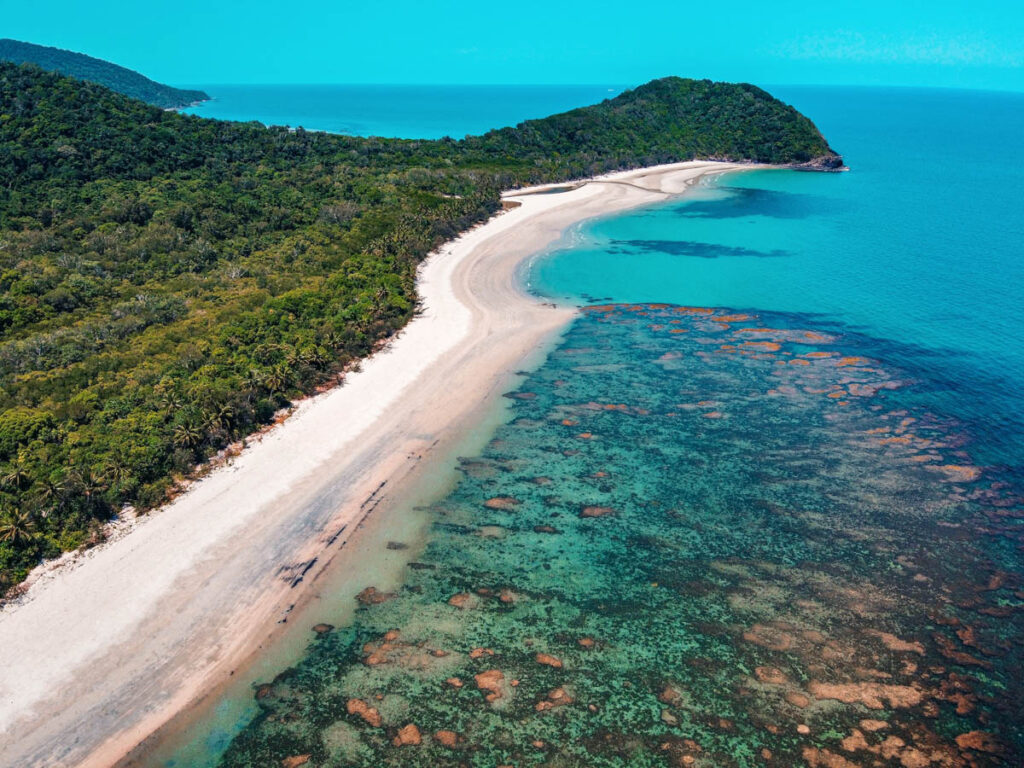
6. Budget and affordability.
Your budget is a crucial factor in selecting a dive destination. Consider the costs of diving packages, accommodation, meals, and other expenses. Look for destinations that offer affordability without compromising the quality of your diving experience. Thailand, Egypt, Cozumel in Mexico, and the Bay Islands in Honduras, are all budget-friendly dive spots.
7. Language and cultural considerations.
At some international dive destinations, language and cultural differences can be significant. Prioritize locations where you’re comfortable with the language and understand local customs. Knowing what to expect will help you immerse yourself in new dive sites and exciting new cultures with confidence.
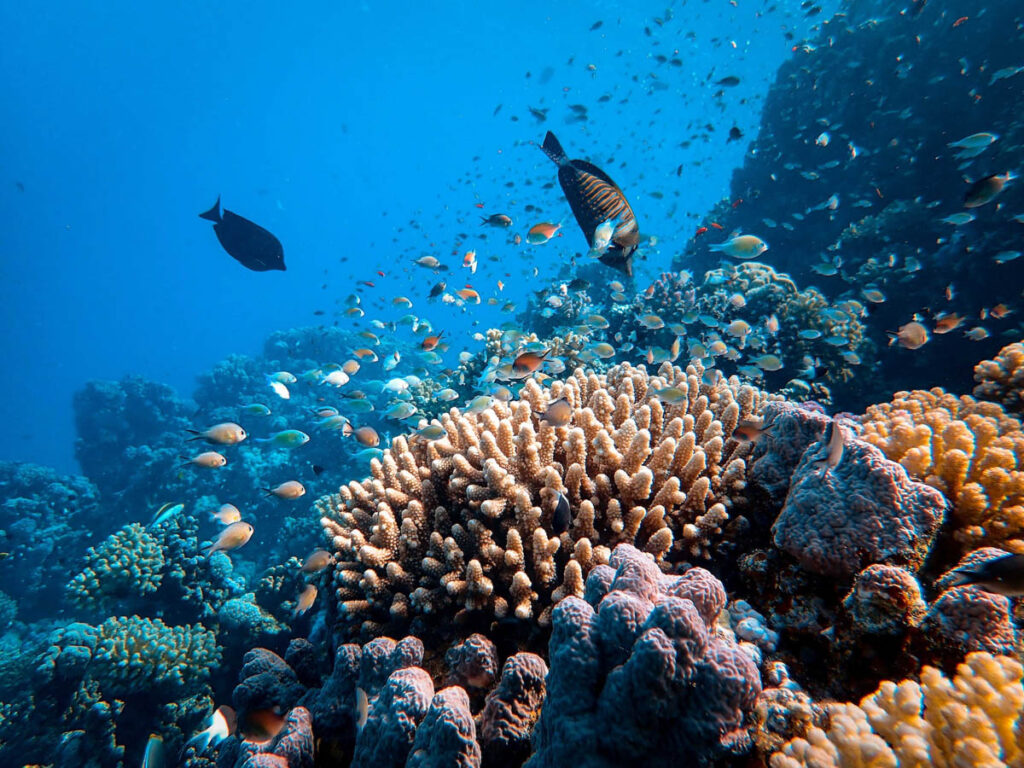
8. Weather and seasonality.
Weather patterns can influence diving conditions. Research the best time to visit your chosen destination for good weather and calm, easy dive conditions. You can find out more about local dive conditions and seasonality by chatting to the staff at your preferred destination’s dive center. They will also be able to tell you about seasonal marine life highlights and the best dives sites to visit during your stay.
9. Dive operator reputation
Your safety and enjoyment depend on the dive operator you choose. Select reputable dive centers with experienced instructors and a commitment to safety. Do your research and read reviews to ensure you’re in capable hands.

10. Eco-friendly diving and conservation efforts
As responsible divers, it’s essential to select destinations that prioritize marine conservation and eco-friendly practices. Choose locations where your diving contributes to the protection of fragile underwater ecosystems and promotes responsible tourism.
11. Dive certification and training opportunities.
If you’re eager to enhance your dive skills so you can explore deeper and more remote dive sites, consider destinations that offer advanced diver courses. They are a great way to expand your diving horizons with specialties such as wreck diving, night diving, deep diving, and underwater photography.
12. Reviews and recommendations.
Before finalizing your decision, read reviews and seek recommendations from fellow divers who have explored the same destinations. Their insights can provide valuable information and personal anecdotes to help you make an informed choice. Visit SSI’s MyDiveGuide to access reviews for thousands of dive sites worldwide. You can filter the dive sites at your preferred destinations by difficulty and the type of diving you want to do.
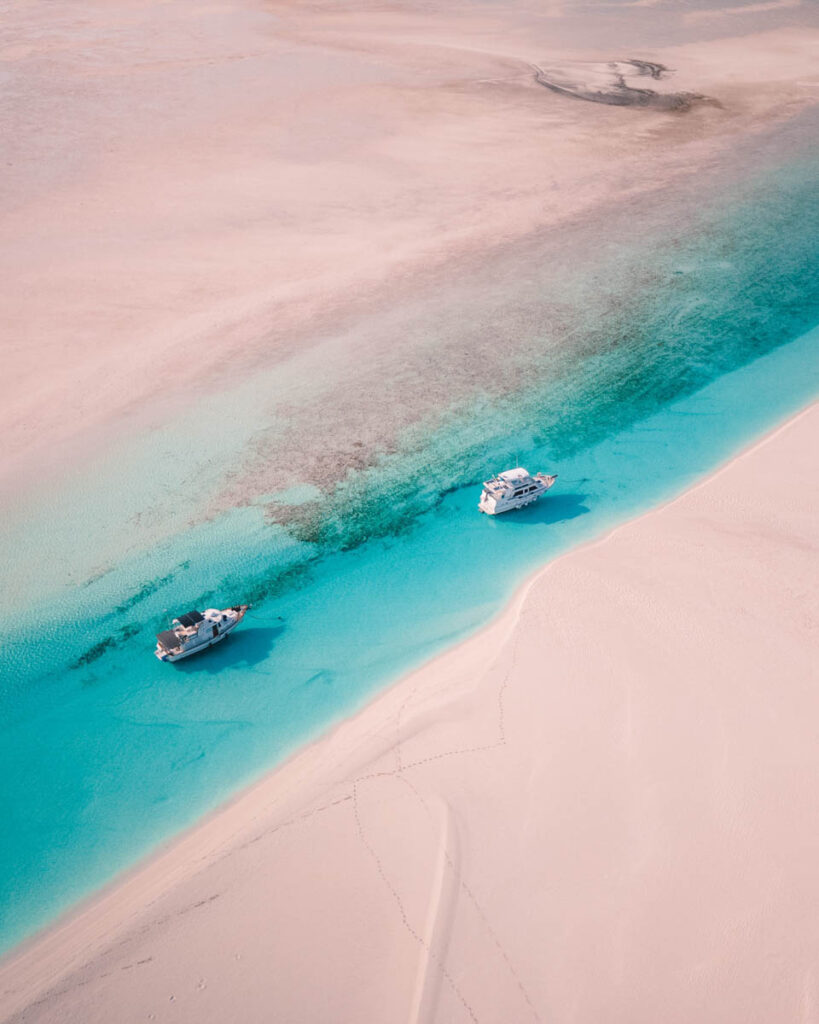
13. Backup plans and alternative activities.
Sometimes, unforeseen circumstances can affect your dive plans. Have backup plans in place and explore other activities available at your chosen destination. Whether it’s snorkeling, exploring local culture, or indulging in water sports, diversify your experience to make the most of your trip.
14. Personal diving goals and interests.
Ultimately, your dive destination should align with your personal interests and goals. Whether you’re drawn to wrecks, caves, coral reefs, or marine photography, select a location that resonates with your passion and curiosity.
Choosing the right dive destination as a new diver is a fun part of your scuba journey. Armed with this knowledge, you’re well-equipped to make an informed decision that matches your skill level, interests, and budget. So, what are you waiting for? Dive into the planning process and embark on your next underwater adventure with confidence. The world’s oceans, rivers, and lakes await.
Kathryn Curzon, a shark conservationist and dive travel writer for SSI (Scuba Schools International), wrote this article.



